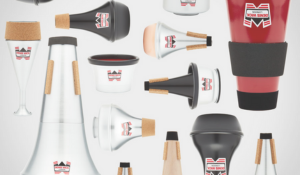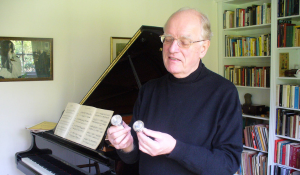
Steven Mead has forged a path as euphonium soloist, educator, mouthpiece designer, and more. He's the inspiration to many of the best euphonium soloists today. This sounds like the definition of a legacy, but Steven Mead is still creating and perfecting all his crafts. Enjoy this interview with Steven as he discusses the history of his mouthpieces and progression of his designs from the classic Steven Mead mouthpiece to our newest Ultra model.








